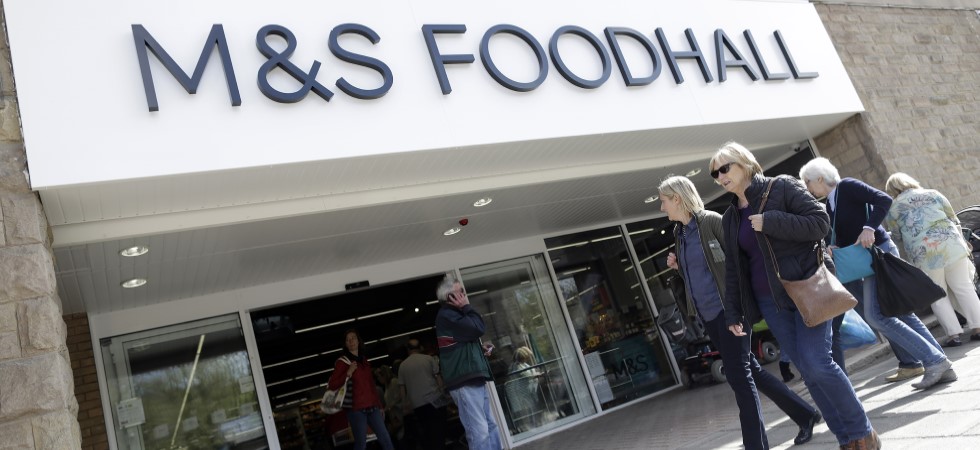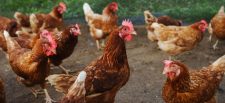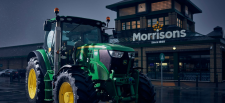As part of Marks and Spencer’s (M&S) half-year results, the supermarket chain has welcomed rising food sales but warns of future supply challenges.
The company has reported that food sales are up 10.4% since September 2019, with food operating profit before adjusting items of £143.7 million.
According to the report, M&S Food has “a growing market share with consistent strong quality and improved value perceptions.” M&S said that the transformation of the M&S Food range over the last few years has “delivered an improvement in customer perception, strong core sales growth and market share gains.”
Improved customer perception
The company has refocussed its product development on improving choice in core product categories such as pasta, ready meals, bakery and wine, as well as seasonal family products and frozen ranges.
It added that public perception of its products for quality and in critical areas such as farm standards is now market leading. As part of the company’s shift to “trusted value”, promotions have been substantially reduced and entry price points have been sharpened with the introduction of the ‘Remarksable’ range and ‘Fresh Market Specials’.
The ‘Dine In’ programme has also been relaunched and expanded to create “more compelling offers for dinner for two, for families and for key events.”
With that, the company said that recent market share increased 20bps on 2019/20, with strong growth in the categories that are important to family shoppers such as produce, meat and grocery. Average basket size on everyday shopping trips remains around 30% higher than pre-pandemic levels, even as the frequency of trips is recovering.
“Significant” supply chain cost increases on way
As part of the report, the supermarket also disclosed its concerns about the growing issues of driver, warehouse and supplier labour shortages creating additional pressures for all retailers. The company said: “We have a number of recruitment initiatives which include targeted incentives for drivers. We are also increasing truck, cage and tray-fill, and resetting delivery schedules and depot picking processes to help manage the pressures.”
The supermarket said that it was planning for “significant” supply chain cost increases in the second half of the year with further on-costs next financial year. M&S added that, due to its “concentrated supplier base and much improved working relationship with our logistics partner Gist”, the Food business is comparatively well placed for the potential supply challenges.
“Underlying performance is improving”
Steve Rowe, chief executive of M&S, said: “Given the history of M&S we’ve been clear that we won’t overclaim our progress. Unpacking the numbers isn’t a linear exercise and we’ve called out the Covid bounce back tailwinds, as well as the headwinds from the pandemic, supply chain and Brexit, some of which will continue into next year. But, thanks to the hard work of our colleagues, it is clear that underlying performance is improving, with our main businesses making important gains in market share and customer perception. The hard yards of driving long term change are beginning to be borne out in our performance.”









